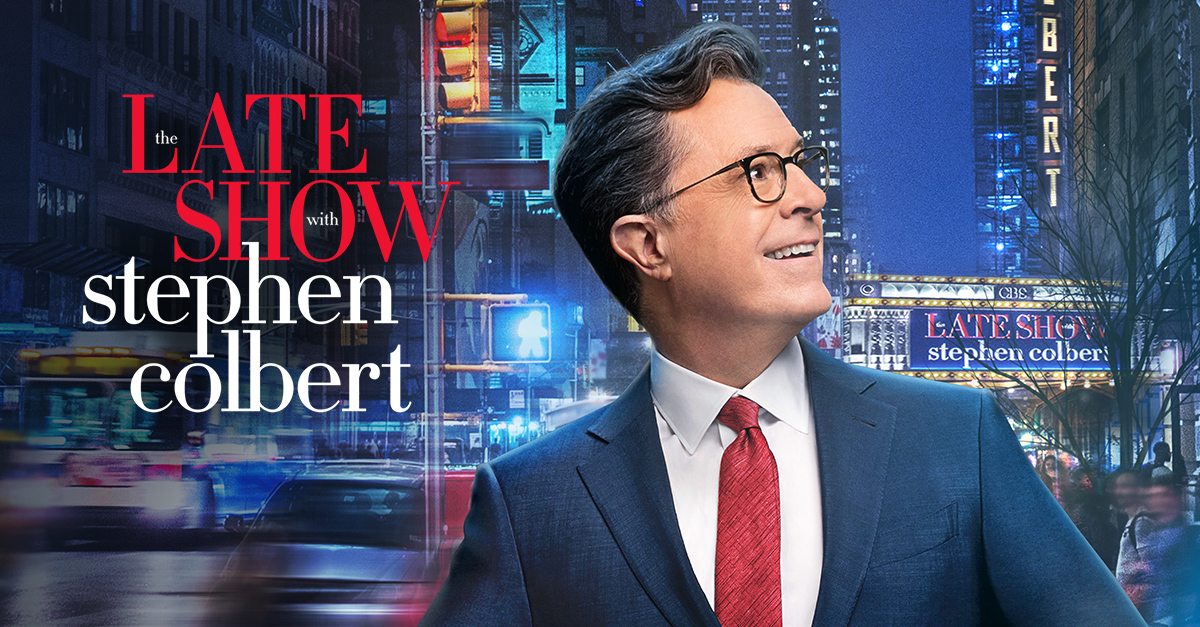Culture Craze
The Last Laugh? Stephen Colbert’s Cancellation Signals a Grim Punchline for Late-Night TV

Stephen Colbert always knew how to deliver a punchline. But this time, the joke is on late-night television itself. The news that CBS has pulled the plug on The Late Show just days before a major merger and after settling a lawsuit with Donald Trump has left fans reeling, and the comedy world is asking if the golden age of late-night is officially over.
What was once a cornerstone of American culture, shaping political satire and launching comedic legends, is now flickering like static on an old television set. For many, Colbert’s cancellation feels like more than a programming shift; it feels like a funeral for the format.
From Cultural Staple to Financial Sinkhole
Late-night television was never just background noise. For decades, it was a ritual, a comforting mix of jokes, celebrity guests, and musical acts to unwind to after a long day. From Johnny Carson’s iconic desk to Jon Stewart’s takedowns on The Daily Show, these programmes connected with millions. They entertained and informed. They set the tone for political discussion and pop culture.
But the business model that kept these shows afloat is collapsing. Streaming platforms and social media have stolen the late-night audience, especially the younger crowd. Advertising revenue has nosedived. Where The Late Show once brought in $100 million annually, reports now say it loses $40 million a year.
Even Jon Stewart admitted this week, “We’re all operating a Blockbuster kiosk inside a Tower Records.” That’s comedy, but also reality.
Why Colbert’s Exit Hurts So Much
Colbert didn’t just tell jokes. He offered a voice of decency in a divisive era. During the Trump presidency, his monologues became a nightly exhale for progressives and centrists alike. He skewered power with sharp wit, but without cruelty. His show became the most watched late-night programme during 2017 and 2018, peaking at 3.1 million viewers.
The timing of his cancellation, though, has sparked more than disappointment. CBS’s parent company, Paramount, had just settled a lawsuit with Donald Trump and is about to finalise an $8 billion merger with Skydance. Colbert’s critics suggest his anti-Trump stance may have made him a liability. CBS insists it’s “purely a financial decision.”
But for viewers, the cancellation is suspicious. And for colleagues, like Stewart, it’s infuriating.
The Format Is Still Funny, But the Business Isn’t
Here’s the twist: the audience hasn’t vanished entirely. Colbert’s monologues rack up millions of views on YouTube. Jimmy Kimmel and Jimmy Fallon boast massive subscriber numbers across social platforms. But online views don’t translate to television ad money.
“Young people still watch,” says Bill Carter, TV historian and producer. “But they watch when they want to. That’s how television works now.” The problem? Networks haven’t figured out how to make enough money from those clicks.
Fewer people are watching linear television. Cable is dying. CBS hasn’t just axed Colbert; they scrapped James Corden’s replacement and cancelled After Midnight this year. The message is clear: they’re retreating from the genre entirely.
Colbert’s Legacy and the Lost Art of Satire
Stephen Colbert’s cultural impact can’t be overstated. From his early days on The Colbert Report, where he played a satirical right-wing pundit, to his sincere and sharp presence on The Late Show, he pushed boundaries. He made people laugh, think, and care. He gave space to voices that challenged the powerful and did it all while keeping his South Carolina charm and Catholic humility.
Former Obama speechwriter David Litt said it best: “Colbert represented the idea that decency and patriotism don’t belong to Trump. He reminded us that opposing injustice can be funny, too.”
What Now for Late-Night?
TV scholars say this isn’t necessarily the end, but it’s definitely a turning point. “It’s a warning signal,” says media professor Stephen Farnsworth. “You can’t run these shows the way you used to. You have to cut costs, reduce staff, and rethink everything.”
The genre isn’t dead, but the business model that once supported it might be. Writers, producers, and comedians now face a future that’s increasingly digital, unpredictable, and leaner than ever.
One thing’s certain: Stephen Colbert didn’t just leave a gap on CBS’s schedule. He left behind a reminder that good satire can still matter, even when the lights go out.
Also read: ShxtsNGigs in South Africa: Hype, Heat, and a History That Won’t Be Forgotten
Follow Joburg ETC on Facebook, Twitter , TikTok and Instagram
For more News in Johannesburg, visit joburgetc.com
Source: The Guardian
Featured Image: CBS















